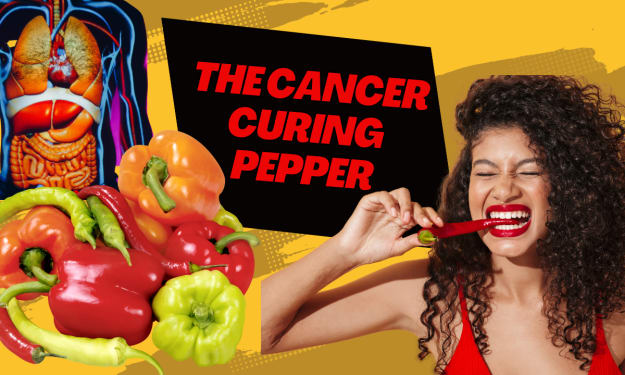The Dark Secrets Behind Food Challenges Revealed
The Hidden Dangers of Food Eating Challenges: Think Twice Before Taking That Bite!
Food eating challenges have become a viral sensation, capturing the attention of millions worldwide. From colossal burgers to mountains of spicy wings, these challenges push contestants to their limits as they attempt to devour massive quantities of food in record time. While they may seem like harmless fun and exhilarating feats, there's more to food eating challenges than meets the eye. Beneath the surface lies a dark side, filled with hidden dangers that pose serious risks to contestants' physical and mental well-being. In this article, we delve into the perils of food eating challenges and shed light on the reasons why such challenges should be approached with caution.
Physical Health Risks:
One of the most significant dangers of food eating challenges is the toll they take on contestants' physical health. Overeating, especially large quantities of unhealthy foods, can lead to various digestive issues such as indigestion, stomach pain, and bloating. The strain placed on the digestive system can result in discomfort and even long-term damage.
Moreover, consuming excessive amounts of sugar, salt, and unhealthy fats in a short period can wreak havoc on the body. These challenges often involve high-calorie, low-nutrient foods that lack the essential vitamins and minerals needed for optimal health. As a result, participants may experience rapid weight gain, nutritional imbalances, and an increased risk of developing chronic health conditions such as diabetes and heart disease.
Choking Hazard:
Attempting to eat large portions of food quickly significantly raises the risk of choking. The rapid ingestion of food without proper chewing can lead to a piece of food getting lodged in the throat, turning the challenge into a life-threatening emergency. Tragically, there have been instances where contestants have choked during these challenges, emphasizing the real danger of such feats.
Psychological Effects:
Beyond the physical risks, food eating challenges can have detrimental effects on contestants' mental health. The pressure to perform and the pursuit of social media fame can lead to heightened anxiety and stress. Contestants may feel compelled to push their limits further, risking their well-being for the sake of validation and recognition.
Additionally, the obsession with winning these challenges may result in an unhealthy relationship with food. Participants may develop eating disorders, such as binge eating disorder or anorexia, as they navigate between periods of extreme indulgence during challenges and restrictive behaviors in the aftermath.
Long-Term Consequences:
The consequences of food eating challenges extend far beyond the short-lived excitement of the moment. Participants may face lasting effects on their health and mental well-being. Over time, these challenges can lead to chronic health issues, including gastrointestinal problems and metabolic disorders. The psychological toll of the pressure to succeed can also leave lasting emotional scars.
Influence on Viewers:
Food eating challenges portrayed on social media can influence viewers, especially young audiences, to mimic these behaviors. As impressionable individuals strive to imitate their favorite challengers, they unknowingly expose themselves to similar health risks and psychological repercussions. This creates a cycle where more people engage in these challenges, perpetuating the hidden dangers further.
Food eating challenges may provide entertainment and excitement for viewers, but it is crucial to recognize the dark side that lies beneath the surface. The risks posed by these challenges are real and can have serious consequences on participants' physical and mental health. As viewers, we must be cautious about glorifying these feats and instead, promote mindful and responsible eating practices.
Contestants should prioritize their well-being above all else, and event organizers must ensure the safety and health of participants. It is essential to encourage healthier ways of celebrating food and to foster a culture that appreciates the joy of eating without risking our bodies and minds.
Let us shift our focus from dangerous food eating challenges to embracing the beauty of culinary experiences, culinary skills, and the cultural significance of food. Through education, awareness, and responsible content creation, we can turn the spotlight away from the hidden dangers of food eating challenges and towards a healthier, more enjoyable relationship with food.





Comments
There are no comments for this story
Be the first to respond and start the conversation.